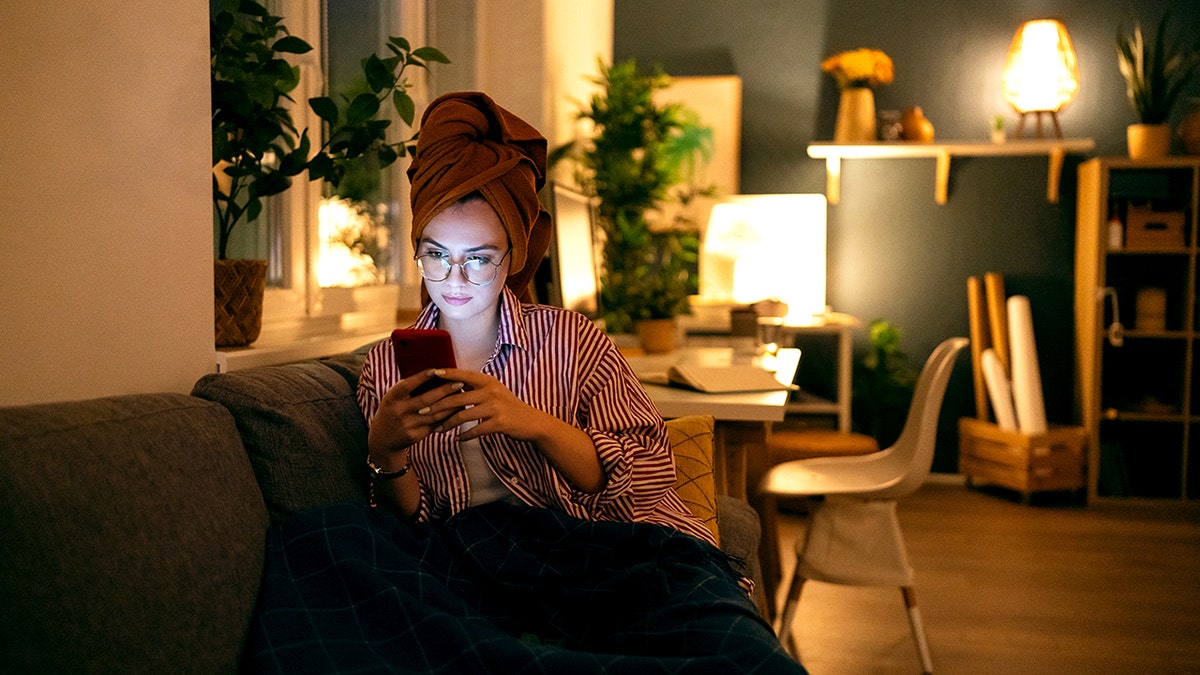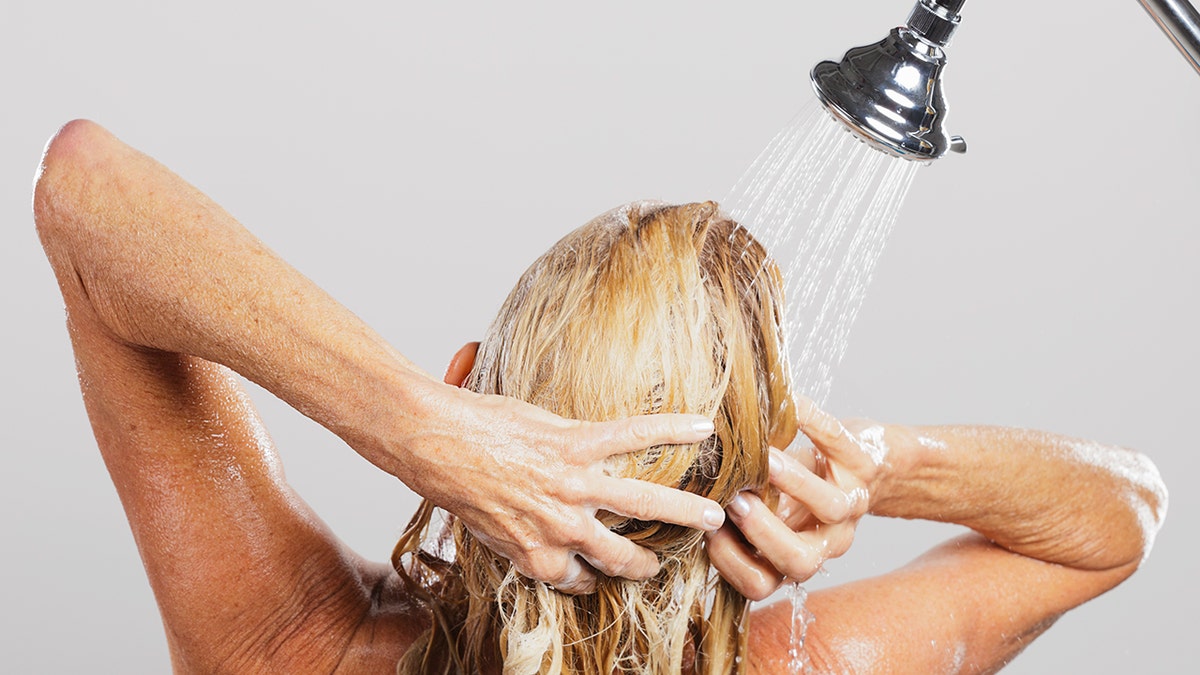NEWYou can now listen to Fox News articles!
It may be time to switch up your shower routine.
A wellness trend making the rounds on social media promotes ‘dark showering,’ which is exactly what it sounds like: your daily bathing ritual, just at night or with the lights low.
‘I’M A PSYCHIATRIST – HERE’S HOW TO REDUCE ANXIETY IN JUST 15 SECONDS’
“Light powerfully influences the brain,” Dr. Daniel Amen, psychiatrist, brain imaging specialist and founder of Amen Clinics in California, told Fox News Digital. This is done through the retinohypothalamic tract, a pathway that connects your eyes to the brain’s master body clock, called the suprachiasmatic nucleus.
Bright light and blue light tell the body to wake up by raising cortisol and lowering melatonin. But when the lights go out, “low or no light signals safety, activates the parasympathetic nervous system, and begins the body’s natural descent into rest and repair mode.”
“Think of dim lighting as turning down the brain’s ‘threat radar,’” Amen said. “Less stimulation makes it easier for the logical part of your brain to take over again. For many people, that means feeling calmer, clearer, and more grounded.”
“When we reduce visual input, we reduce sensory load on the brain,” Amen added. “That means your brain gets fewer signals to process, so the part of the brain that handles fear and stress has less to react to.”
SLEEP BETTER WITH THESE UPGRADES – BLACKOUT CURTAINS, WEIGHTED BLANKETS, SOUND MACHINES AND SMART GOGGLES
For those looking to try it out, Amen suggests easing into it. Start by dimming lights 60 to 90 minutes before bed or use a soft amber or red light instead of overhead brightness.
In the shower, skip the screen, turn off the light, and add simple comforts like lavender or frankincense oil, a cool room temperature (around 65–68°F), and soft towels. It doesn’t have to be long either; 15 to 20 minutes is enough.

“The brain thrives on predictability,” says Amen, explaining that evening routines can help to take us from alertness to restfulness.
“Dark sensory rituals are more passive and somatic — you’re not doing something to calm the brain; you’re creating an environment that allows the brain to downshift on its own,” Amen says. That makes it perfect for anyone who feels “too anxious to meditate.”
RESEARCHERS SAY MILLIONS DITCHED BREAD FOR NO REASON — HERE’S WHAT’S REALLY HAPPENING
Dark showering can be especially soothing for people who deal with anxiety, ADHD, or insomnia.
“They create external calm that leads to internal regulation,” Amen said.
But if darkness feels uncomfortable, it’s okay to modify the routine.

“For individuals with trauma histories, depression, or dissociation, being alone in the dark might feel more vulnerable than calming,” Amen said. In those cases, soft lighting, quiet music, or a comforting scent can make the space feel safer.
CLICK HERE FOR MORE HEALTH STORIES
As Amen puts it, this ritual gives your body and mind “a quiet place for the nervous system to recover.”
CLICK HERE TO SIGN UP FOR OUR HEALTH NEWSLETTER
For those who are looking to change up their routine but must stick to mornings, a cold shower might be a good alternative.
Cold showers stimulate the vagus nerve, reduce inflammation, and activate parts of the brain that can calm the body after long exposure.
TEST YOURSELF WITH OUR LATEST LIFESTYLE QUIZ
“Used in the morning, cold can energize and focus. Used at night, it should be brief and paired with warmth afterward to avoid disrupting sleep,” said Amen.
Read the full article here










